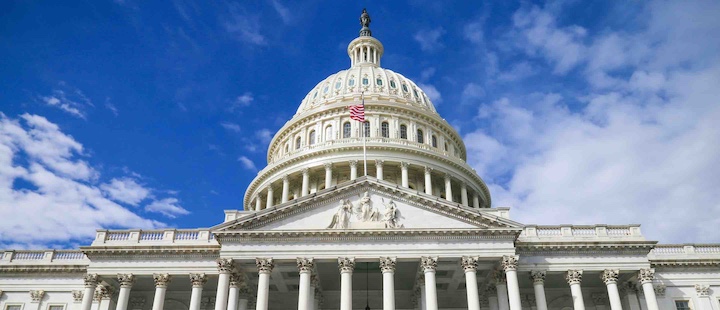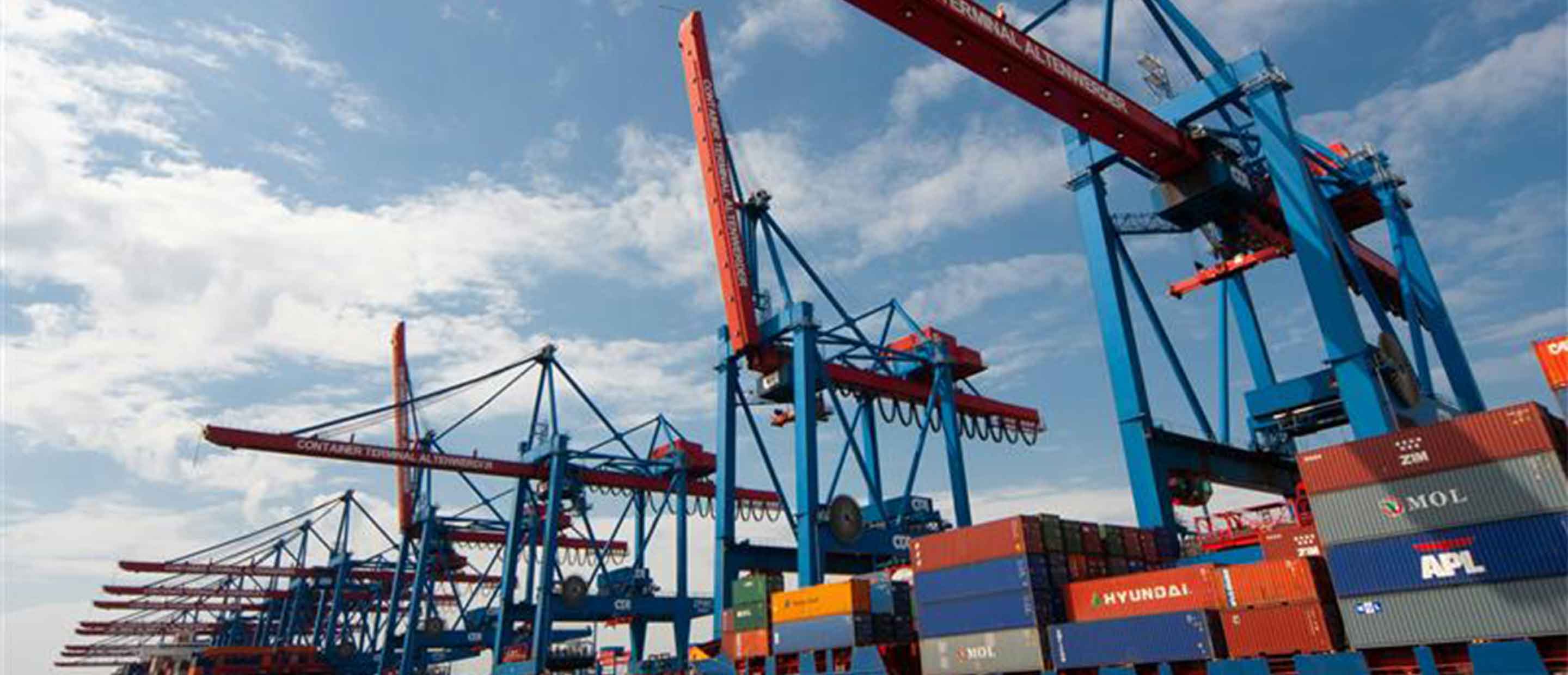The renewable energy sector is experiencing remarkable growth. However, this rapid expansion faces challenges.
The solar energy industry grapples with oversupply, affecting profitability and competition. Similarly, the wind energy sector deals with rising raw material costs and logistical challenges. Despite these hurdles, long-term prospects for renewables remain positive due to technological advancements, cost reductions, and government support.
Similarly, Utilities play a crucial role, but their valuations may not fully reflect growth prospects currently. Energy storage is witnessing rapid growth, with battery capacity quadrupling between 2020 and 2023. However, Chinese dominance in lithium-ion battery production raises supply chain concerns. Finally, some Oil majors are also investing more heavily in the transition. Regulatory pressures persist, but recent market performance has been positive. Adaptation is essential for their future success.
In this CIO Special, we explain why the renewable energy sector’s trajectory remains positive. As the world moves towards cleaner energy sources, the potential for growth and transformation in the energy landscape remains substantial.
Key takeaways:
- The renewable energy sector, especially solar PV and wind, is witnessing substantial growth. Global annual renewable capacity additions surged by almost 50% in 2023, driven largely by China. The IEA forecasts that wind and solar PV will become the leading sources of electricity by 2025 and 2026, respectively.
- Global and regional policies are crucial in driving the clean energy transition. Significant measures include the EU's "Fit for 55" package and the U.S. Infrastructure Investment and Jobs Act (IIJA). However, inconsistencies in policy implementation and the potential for regulatory changes pose risks to the sector’s stability and growth.
- Different sectors within the clean energy transition face unique challenges. Despite these challenges, the long-term outlook for renewables remains positive due to technological advancements, decreasing costs, and strong government support. Traditional sectors like utilities and oil majors are also navigating the transition with a mix of traditional and renewable energy investments, facing both regulatory pressures and market opportunities.







